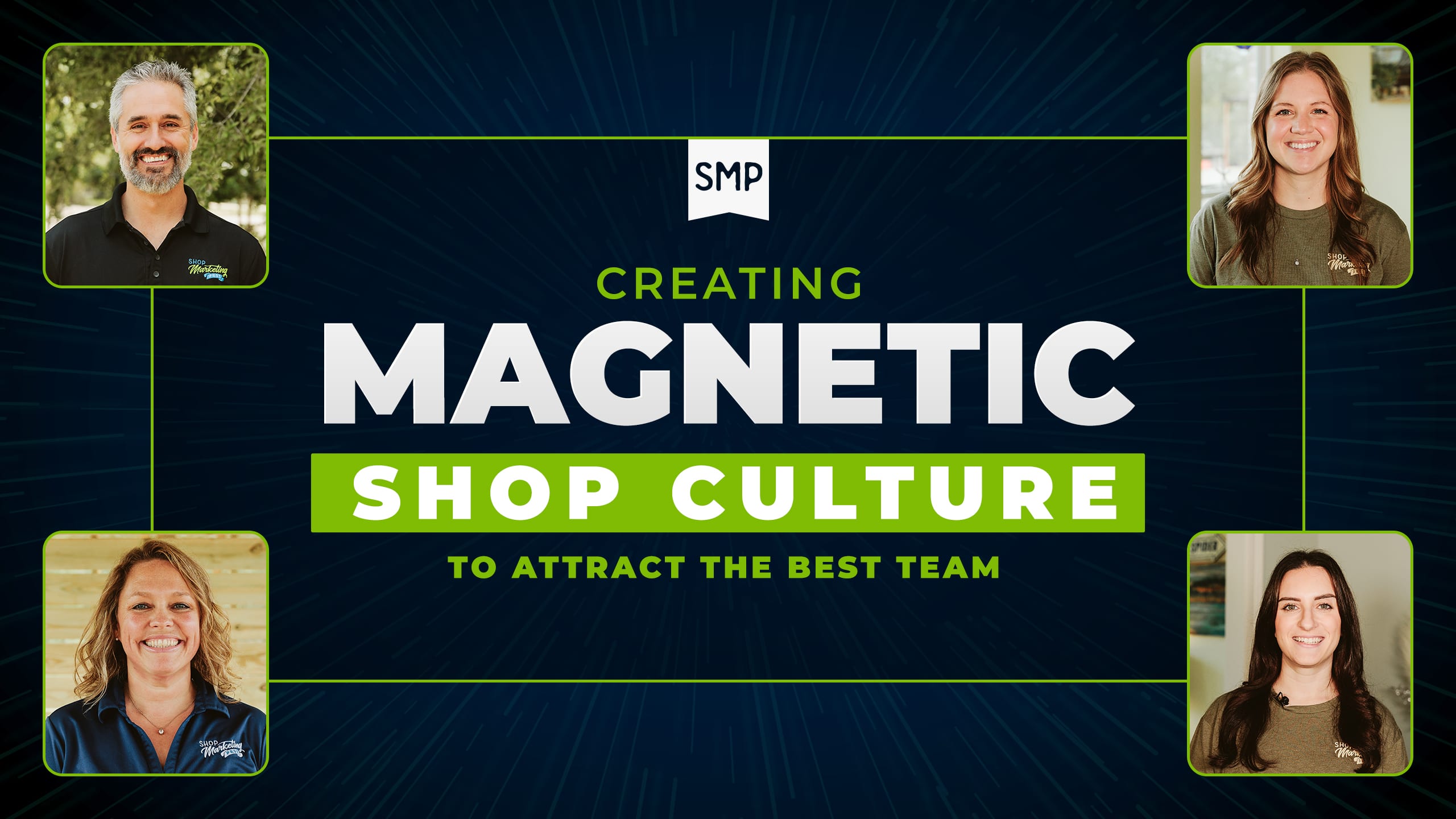What would you do, say, or feel if one of your team members described your company as a cult?
I’ve had the luxury of working for some really great organizations. I’ve also had the pain of working for some who were not great. I bet if you asked ten people how they define greatness you’d get ten different answers.
For me greatness depends so much on company culture. I believe firmly in creating, maintaining, promoting, and celebrating the culture in your shop.
Company culture can be described as a shared belief system by all members of your team. These beliefs include the values, attitudes, standards, purposes, and behaviors. It is how you work together – for the team and the clients. I must point out that the word culture begins with the word cult.
On page 31 of the Unreasonable Hospitality the author, Will Guidara, writes “…..Some of them went so far as to make snide remarks: “Oh you’re working for the cult…”
He continues with this statement: “I knew what they meant; between the shared internal language, our allowed dedication to our bosses, and our unconventional commitment to taking care of one another, there was a slightly devotional feeling about USHG. But I have since come to realize that a ‘cult’ is what people who work for companies that haven’t invested enough in their cultures tend to call the companies that have.”

Core Values
For us, we can trace the foundation of our culture back to when we sincerely implemented Core Values. They drive everything! They help with decision making. They’re magnetic. They are the center of it all. In order to create a shop culture that attracts the best team – start with your Core Values. We hire, fire, recognize, and reward based on our Core Values.
Once you have solid, valuable, meaningful Core Values your entire team takes ownership of you’ll start to feel them being put into practice. This is the foundation of the ‘cult’.
Attitudes + Beliefs
If there’s a glue that pulls your team together it will be the attitudes and beliefs of your company. Who is driving what’s said about who you are? If your shop is just a place where people go each day to do some tasks, earn some money, and go back home then there is no shared belief or attitude system in place.
These attitudes and beliefs help to form the identity of your shop. What does your team say about who you are? What do they believe to be true? What do you believe about certain scenarios such as:
- How to handle someone who comes in and has had a really bad morning?
- What is the belief in how to handle struggles and difficulties?
- When should someone be celebrated and how?
- Is there an attitude towards performance reviews and check-ins?
- Does the team believe in being together and building community within the shop?
- How does the team react or believe in training?
Standards
Nothing measured, nothing gained.
What is the standard in your shop for….everything? Do you have standards in place? Having standards defines what is acceptable and what is not. But, it goes deeper. A standard is a level of quality or attainment.
It is what is used or accepted as normal or average.
What is accepted at your shop? Is it across the board or is one thing accepted for one individual but not the other? When we accept one thing from one person because….whatever the reason (they’re high performing so they get more grace, for example) we are setting a standard. We are sending the message that someone is more important than the other.
Standard Operating Procedures (SOPs) are critical in helping to define culture, expectations, and yes, even loyalty. How easy, or hard, is it for your team to find answers, get information, and knowledge on a tool, a service, or piece of equipment at your shop?
Having SOPs in place improves quality, training time, error rates, efficiency, and loyalty. I read in Forbes that a study by CareerBuilder showed that 58 percent of managers did not receive management training. Furthermore, only about 12% of people leave their jobs because of financial reasons. Yet, the number of people who choose to leave for lack of recognition and training is incredibly high.
Purpose
Anyone that knows me, or has taken one of my classes has likely heard me reference Simon Sinek’s Ted Talk on his book Start With Why.
Sinek’s “The Golden Circle” helps people not only know what they do, how they do it, but why they do it. Their cause, their belief, their purpose.
Why does your shop exist? Why do you wake up every day and go to the shop? Why does your technician or service advisor wake up and go to work? When you can inspire them to a unique purpose and give them a purposeful reason for working at your shop you will change everything. They’ll now have a desire, a reason, and an aspiration.
Community is created with a common purpose. As a leader you hold a position of authority but are you inspiring?
Behaviors
Once you’ve got all the above going for you the behaviors will come naturally because you’re a magnet for the right people.
When I said that we hire, fire, reward, and recognize based on our Core Values it is because we have the behaviors, the actions, in place to do so. It comes back to our SOPs and how we do things.
Everything we do is intentional and on purpose. It is with thought and precision to ensure that we are doing the right thing for our team and our clients. How we communicate, when we communicate, how we train/onboard, how we recognize and reward, how we do everything is a critical part of the way we behave.
While this may sound somewhat robotic and routine it’s not. Why? Because the human element that is brought forth by our company culture creates an environment of happiness. Our team is happy with their job, the work they do, and the impact their work has on our clients. They ‘get’ it.
When your team ‘gets it’ the behaviors and actions will align in a way that brings life to the job and the company.
A strong shop culture is attractive. It is a differentiator. It is impactful.
When you develop your core values, have a purpose, a system of standards, and beliefs combined with attitudes to develop a strong identity for your shop you will quickly find that attracting the right team members will be easier. A ripple effect is then attracting the right clients because your shop culture is where people belong and want to be.




